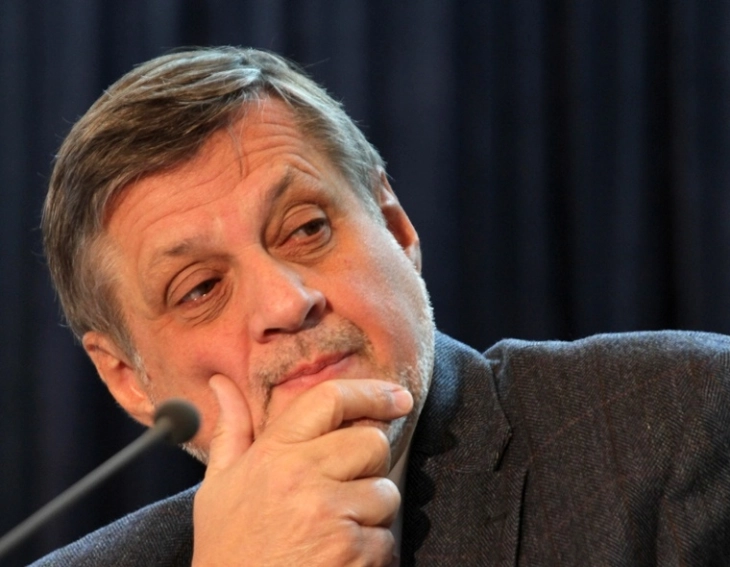UN mediator in Libya resigns one month before presidential election

Tripoli, 23 November 2021 (dpa/MIA) - Only one month before the planned presidential election in Libya, the UN special envoy for the crisis-hit country, Jan Kubis, has surprisingly resigned.
Several diplomats from the United Nations Security Council told dpa on Tuesday about Kubis' plans, but the reasons behind the Slovakian diplomat's resignation remained unknown.
With the resignation, hopes for elections and longer-term political stability in the North African desert state are once again fading.
Kubis had only been confirmed as mediator in Libya at the beginning of the year after UN Secretary General Antonio Guterres had great problems filling the post.
The actual favourite, former Middle East envoy Nikolay Mladenov, of Bulgaria, had surprisingly withdrawn shortly before his planned appointment. Earlier, the original mediator, Lebanon's Ghassan Salame, had resigned, citing high stress and his health.
Kubis' resignation does not mean a direct end to the election. However, he is the central figure in the UN mediation process for Libya, under which a ceasefire agreed in October 2020 came about.
The political road map for elections and the current transitional government also came into being under UN mediation.
According to the Security Council, one reason for the resignation could be that Kubis did not feel sufficiently supported in his work. There was also talk of disagreements with Guterres.
Despite the many doubts, preparations for the election are under way.
Ninety-eight people have submitted applications to run in Libya's presidential elections next month, the election commission said on Tuesday.
Registration for candidates in the December 24 election ended on Monday.
The candidates' documents are being verified to check that they are eligible to run. Within days, an initial list of candidates is epxected to be announced.
After that, the commission will open a two-stage appeal process that will take 12 days before the final list of candidates is published, the head of the High National Election Commission, Emad al-Sayeh, told reporters.
Libyan commander Khalifa Haftar, who heads the eastern-based forces, Parliamentary Speaker Aguila Saleh and Prime Minister Abdul-Hamid Dbeibeh, who has been leading a transitional unity government since March, have submitted their papers.
Saif al-Islam, the son of late Libyan dictator Moamer Gaddafi, also filed his application to run for president. An arrest warrant was issued by the International Criminal Court against him in 2011.
The December 24 elections are part of a UN-backed plan to end a decade of chaos in Libya. Parliamentary elections have been pushed to mid-February.
Libya has been in turmoil since the 2011 overthrow of Gaddafi and has become a battleground for rival proxy forces that has drawn in foreign powers.







